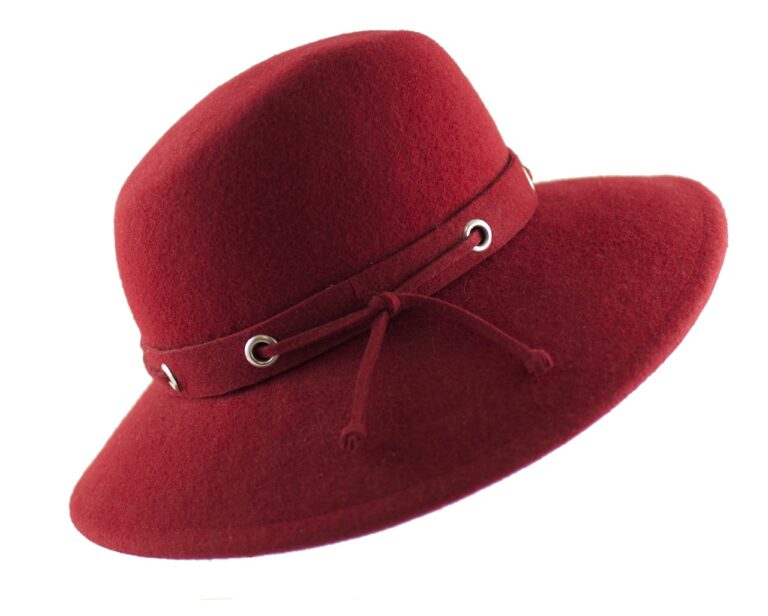The Role of Fashion Historians in Boutique Fashion Heritage Preservation: 11xplay, Tigerexch247 login, Booki bet
11xplay, tigerexch247 login, booki bet: Fashion historians play a crucial role in preserving the heritage of boutique fashion. These experts are responsible for documenting and analyzing the evolution of fashion trends, styles, and designers throughout history. By studying the past, fashion historians can provide valuable insights into the cultural significance and artistic value of boutique fashion pieces. In this blog post, we will explore the important role that fashion historians play in boutique fashion heritage preservation.
The Evolution of Boutique Fashion
Boutique fashion refers to unique, high-quality clothing and accessories that are produced in limited quantities. Unlike mass-produced garments, boutique fashion pieces are often handmade or designed by independent designers. Boutique fashion has a long and rich history, dating back to the early 20th century when small, exclusive shops began selling one-of-a-kind clothing to wealthy clients.
Over the years, boutique fashion has evolved to encompass a wide range of styles and aesthetics. From bohemian chic to urban streetwear, boutique fashion reflects the creativity and individuality of designers and consumers alike. Fashion historians play a vital role in documenting these trends and preserving the heritage of boutique fashion for future generations.
The Role of Fashion Historians
Fashion historians are experts in the field of fashion studies, specializing in the analysis of clothing, accessories, and fashion trends. These scholars use a variety of research methods, including archival research, material culture analysis, and oral history interviews, to uncover the stories behind boutique fashion pieces.
By studying the historical context of boutique fashion, fashion historians can shed light on the social, political, and economic forces that have shaped the industry. They can also identify key designers, trends, and movements that have had a lasting impact on boutique fashion.
Fashion historians play a crucial role in preserving boutique fashion heritage by documenting, interpreting, and disseminating knowledge about the industry. Through their research, they help to ensure that the stories of boutique fashion are not forgotten and that future generations can continue to appreciate the artistry and craftsmanship of these unique pieces.
Preserving Boutique Fashion Heritage
One of the primary ways that fashion historians preserve boutique fashion heritage is through the creation of archives and collections. These repositories contain a wealth of information about boutique fashion designers, labels, and trends, making them valuable resources for researchers, students, and enthusiasts.
In addition to archival research, fashion historians also engage in public outreach and education initiatives to raise awareness about the importance of preserving boutique fashion heritage. By organizing exhibitions, lectures, and workshops, these experts help to promote a greater understanding and appreciation of boutique fashion among the general public.
Fashion historians also play a key role in ensuring that boutique fashion pieces are properly cared for and maintained. By providing guidance on conservation and preservation techniques, they help to safeguard these valuable artifacts for future generations to enjoy.
The Future of Boutique Fashion Heritage Preservation
As boutique fashion continues to evolve and adapt to changing trends and technologies, the role of fashion historians in heritage preservation will remain essential. By documenting the stories of boutique fashion designers and their creations, these experts help to ensure that the industry’s rich history is preserved for future generations.
In the coming years, fashion historians will likely continue to embrace new research methods and technologies to enhance their understanding of boutique fashion heritage. From digital archives to virtual reality exhibitions, these innovations will enable scholars to engage with boutique fashion in exciting and immersive ways.
Ultimately, the work of fashion historians is essential to the preservation and celebration of boutique fashion heritage. By shining a light on the stories behind these unique and creative pieces, these experts help to ensure that the artistry and craftsmanship of boutique fashion are recognized and appreciated for years to come.
FAQs
Q: What is boutique fashion?
A: Boutique fashion refers to unique, high-quality clothing and accessories that are produced in limited quantities. These pieces are often handmade or designed by independent designers.
Q: Why is fashion history important for boutique fashion heritage preservation?
A: Fashion history provides valuable insights into the cultural significance and artistic value of boutique fashion pieces. By studying the past, fashion historians can help to ensure that the stories of boutique fashion are not forgotten.
Q: How can I learn more about boutique fashion heritage?
A: You can start by exploring fashion archives, attending exhibitions, and reading books and articles written by fashion historians. These resources can provide valuable information about the history of boutique fashion and its impact on the industry.
Q: What can I do to support boutique fashion heritage preservation?
A: You can support boutique fashion heritage preservation by visiting exhibitions, purchasing boutique fashion pieces, and sharing information about the industry with others. By spreading awareness and appreciation for boutique fashion, you can help to ensure its legacy for future generations.
In conclusion, fashion historians play a vital role in boutique fashion heritage preservation by documenting, interpreting, and disseminating knowledge about the industry. Through their research and outreach efforts, these experts help to ensure that the stories of boutique fashion are preserved and celebrated for years to come. By recognizing the importance of boutique fashion heritage, we can all contribute to the continued appreciation and preservation of this unique and creative industry.







